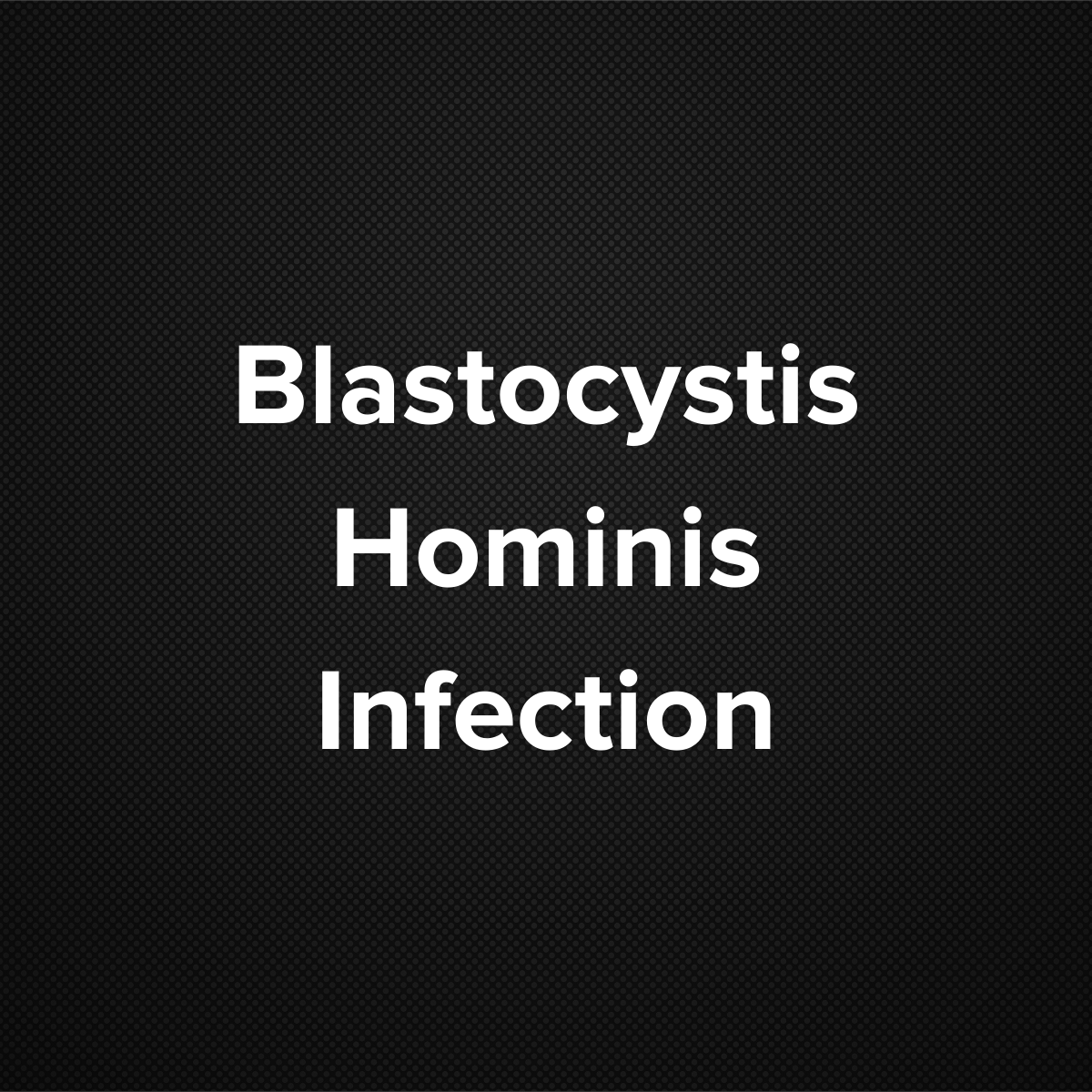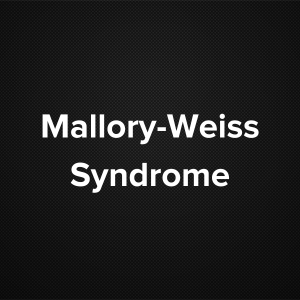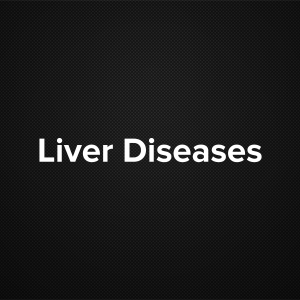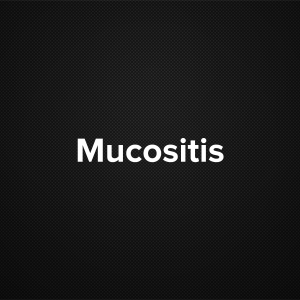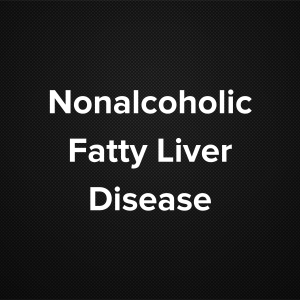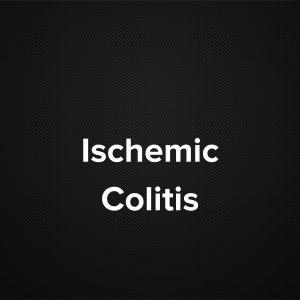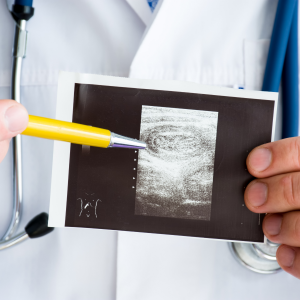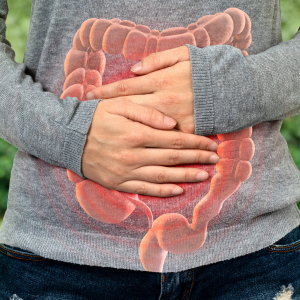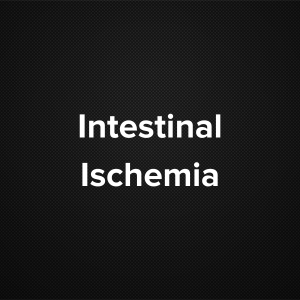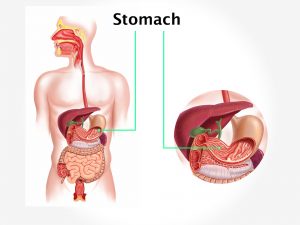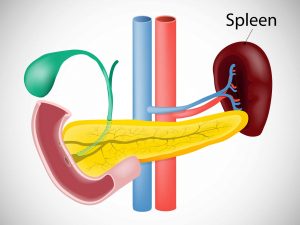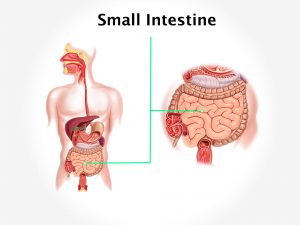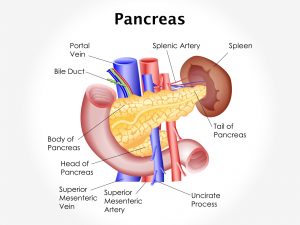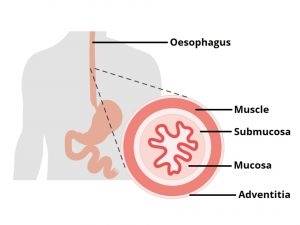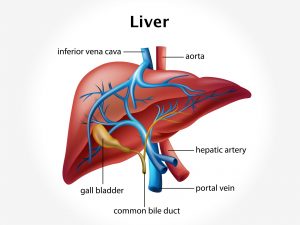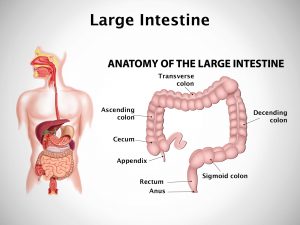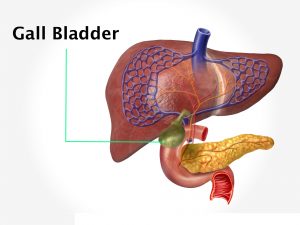Causes and risk factors
Exact cause of blastocystosis is not known. But the transmission is thought to be by oro-faecal route. Unhygienic conditions and lack of sanitary care cause the disease.
Clinical presentation
Many times patient is asymptomatic. However symptoms such as diarrhoea, abdominal cramps, nausea, vomiting, perineal itching, excessive flatulence, are seen in some patients. Loss of appetite, weight loss, fatigue can also be associated with the disease.
Investigation
Medical history by the patient and Clinical examination by the doctor helps in diagnosis. Routine blood investigations are recommended. Stool examination is done. Imaging studies such USG abdomen or gastroendoscopy as may be useful for further evaluation.
Treatment
No treatment is required for asymptomatic patients and the infection goes by itself. People with mild illness are given symptomatic treatment and supportive care is given to prevent further infection. Medicinal treatment involves administration of anthelmintics, antibiotics, and administration of pain reliever drugs. Doctor may advise to follow proper hygiene and avoid eating outside food which will contribute further to the treatment.
Other Modes of treatment
The other modes of treatment can also be effective in treating Blastocystosis. Homoeopathy is a science which deals with individualization considers a person in a holistic way. This science can be helpful in combating the symptoms. Similarly the ayurvedic system of medicine which uses herbal medicines and synthetic derivates are also found to be effective in treating Blastocystosis .
